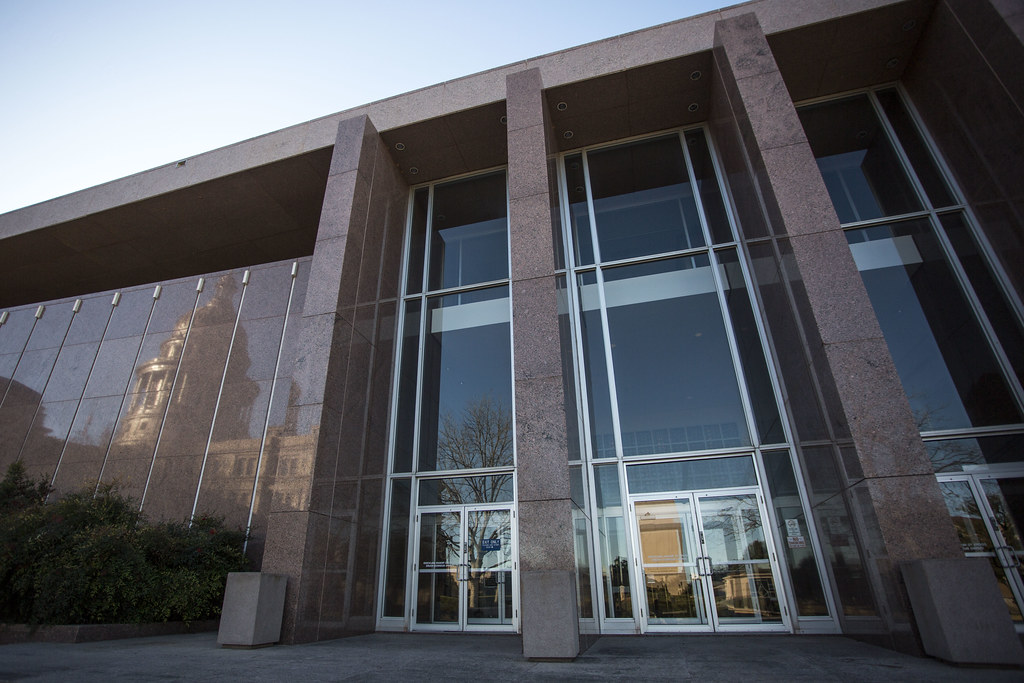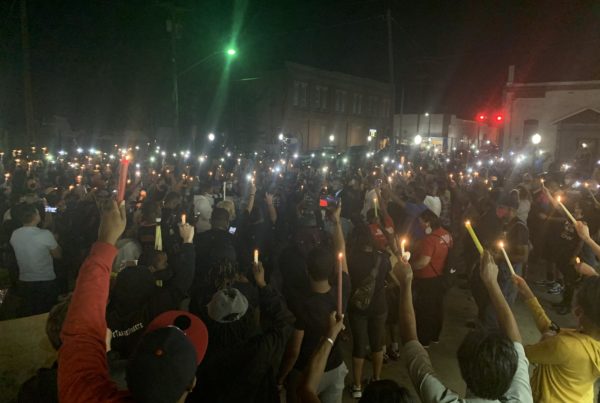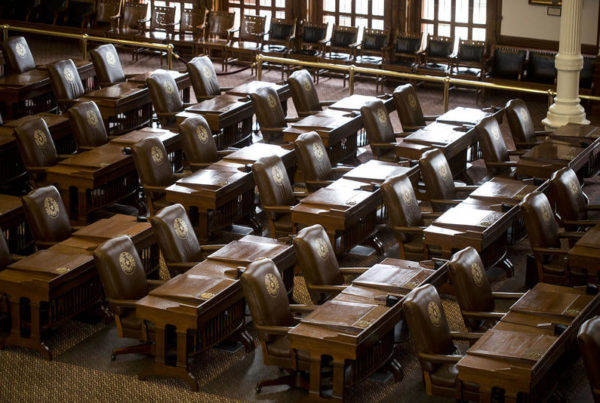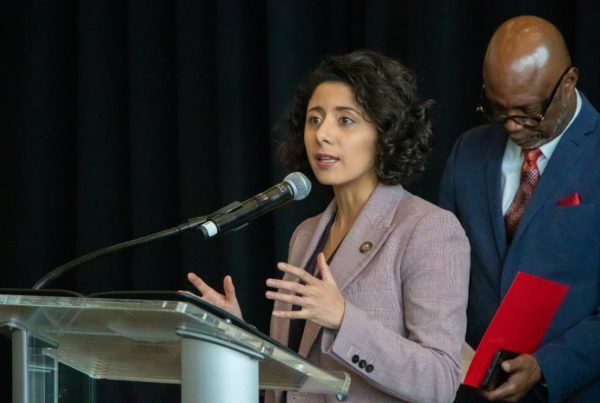From KERA North Texas:
The Texas Supreme Court is the highest state court for all civil cases. Four seats will be on the ballot, including chief justice.
Why The Court Matters
The power of the body has been felt more keenly during the pandemic, with rulings on mail-in voting, evictions, and emergency powers.
“They’re the ones who decide the rules with respect to divorces and family laws, looking at what the family code means, looking at the Texas Constitution,” said Charles “Rocky” Rhodes of South Texas College of Law in Houston. “They impact a lot of our daily lives.”
And even when it doesn’t make a ruling, the court has an impact.
Justices, for example, decided not to hear a case concerning Austin’s 2018 law requiring companies to let workers accrue paid sick time. (A lower court had struck down the mandate.) The Texas Supreme Court didn’t explain its decision, but the move effectively killed Austin’s law.
“That’s the type of thing that can go up to the Texas Supreme Court,” said Mimi Marziani, president of the Texas Civil Rights Project. She expects the issue of municipal sick leave laws will eventually be heard at the Texas Supreme Court.
“[The court] would affect the ability of hundreds of thousands of Texans, particularly working Texans, to have access to sick leave,” she said.
Marziani also said the Texas Supreme Court can potentially serve as a check on other branches of state government, like the state Legislature.
“Especially when it affects individual rights, are they going to require some sort of justification from the Legislature?” she said.















